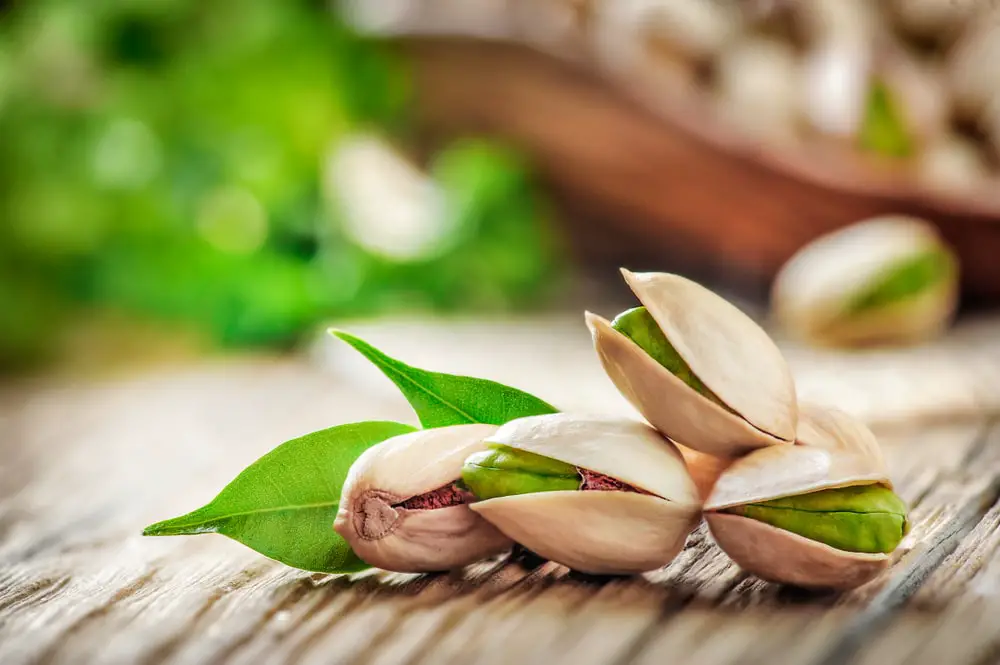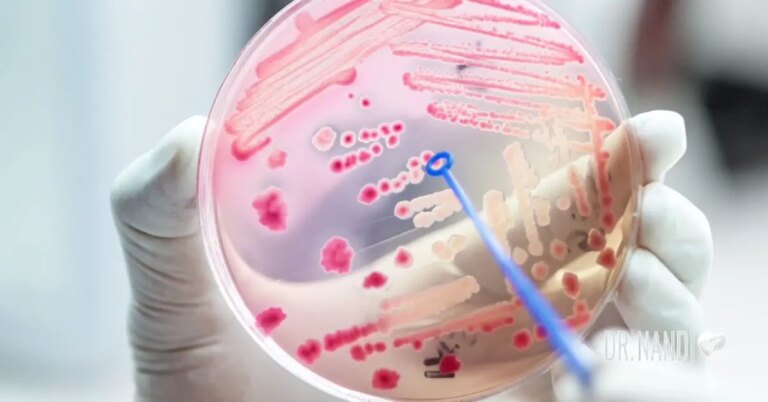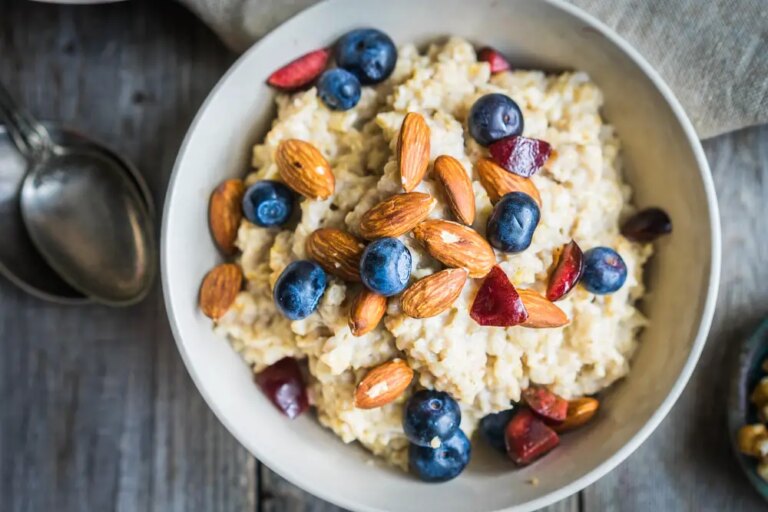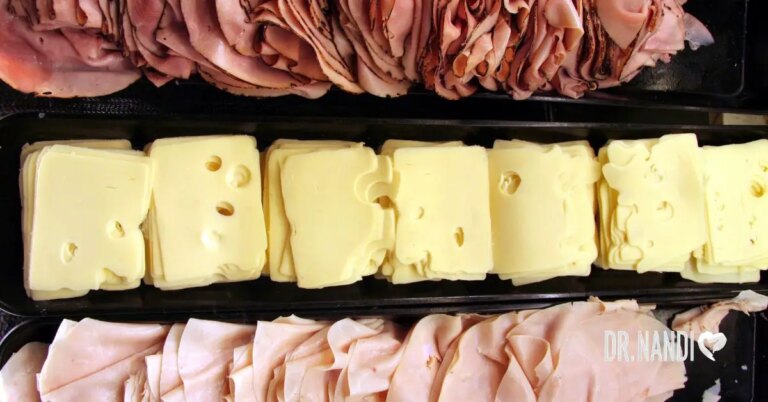Our gut contains archaebacteria, viruses, and fungi that are collectively known as the “gut microbiota.” Microbiota affects both our physical and mental health. Unfortunately, diets high in fat and lacking in dietary plant fibers fail to keep our microbiota well-fed. Because a healthy microbiota can help fend off a long list of conditions including cardiovascular disease, type 2 diabetes, and obesity, scientists are testing new foods to promote microbiota health, including prebiotic snacks. (1, 2)
What are Prebiotics?
Prebiotics are non-digestible nutrients that enhance and encourage the growth or activity of beneficial bacteria in the gut. They essentially fulfill the nutritional demands of probiotics. These are good examples of artichokes, leeks, onions, garlic, asparagus, bananas, legumes, honey, oats, and lentils. Gut bacteria can also be manufactured artificially and used as supplements for optimal gut health.
Benefits of Prebiotics
It is no secret that gut health is essential for overall health and well-being. The gut houses a diverse community of microbes, collectively known as the microbiome, which helps break down food, synthesize vitamins, and protect the body from infection.
Prebiotics are the dietary fiber that serves as food for probiotics, the beneficial bacteria that make up the microbiome. By promoting the growth of healthy gut flora, prebiotics can help to improve digestive function, boost immunity, and even prevent chronic diseases. In addition, prebiotics encourages weight loss by increasing feelings of fullness and reducing calorie intake. Therefore, if you’re looking to improve your health, consider adding some prebiotics to your diet.
Prebiotic Snacks Obesity Study Team
A team at the Center for Gut Microbiome and Nutrition Research at Washington University School of Medicine in St Louis, MO, is researching the possible positive effects that prebiotic snack products might have on the gut microbiota. Previously they found that the fiber sources that can boost gut microbes tend to be lacking in obese adults. The current research tests the effects of fiber-rich snacks in mice and human gut microbiota. (1, 3)
“Since snacks are a popular part of Western diets, we are working to help develop a new generation of snack food formulations that people will like to eat and that will support a healthy gut microbiome that affects many aspects of wellness,” says senior author Prof. Jeffrey I. Gordon, M.D. (1)

Prebiotic Snacks Obesity Study On Mice
First, they raised mice in sterile conditions to ensure they lacked gut microbes. Next, the mice’s guts were colonized with obese human microbes. The last step was feeding the mice a high-fat, low-fiber diet common to people with weight issues. During washout periods, snacks containing fiber from peas, oranges, or barley bran were fed to the mice. (1)
Researchers tracked the effects of each type of fiber snack on their gut microbiota using fecal samples. They found the snacks increased the genes needed to produce enzymes for digesting each type of snack fiber. (1)
Prebiotic Snacks Obesity Study On Humans
Similar tests were performed on obese and overweight humans. They ate the same high-fat, low-fiber diet and then were fed snack bars containing pea fiber. The participants experienced similar results with increased genes required for digesting fiber. (1)
Further snacks containing different types of fiber were provided for snacking including a combination of either pea fiber and inulin or inulin, pea fiber, orange fiber, and barley bran. The results found the more fiber in the snacks, the more bacterial genes were involved in metabolizing the fiber. As well the subjects of the genetic change experienced were closely correlated with blood protein level changes that contribute to various physiological processes including (1)
- Glucose metabolism
- Immunity
- Blood coagulation
- Blood vessel function
- Biology of bone and nerve cells
These results show the responsiveness of gut microbiota when exposed to dietary fiber changes for people used to eating less fiber. (1)
Prebiotic Snacks Obesity Study Limitations
“In principle, the fibers can be incorporated into a variety of snack formats familiar to consumers — chips, bars, biscuits, etc.,” says Prof. Gordon. There are limitations of the study including the fact participants adhered to a strict diet they wouldn’t eat in real life. “Follow-on studies involve administering the snack food prototypes to participants who are consuming their normal diets,” says Prof. Gordon. “This approach can provide insights about the robustness of the effects, and dose dependency, of fiber snack formulations on the gut microbiome and host physiology under more realistic consumer settings.” (1)

Prebiotic Snacks Obesity Further Research
Although the study identified protein biomarkers possibly related to physiological changes in the blood, further trials are required to determine if such snacks could help prevent obesity. The Weizmann Institute of Science’s Avner Leshem and Eran Elinav in Rehovot, Israel, believes the study provides valuable insights into how microbial contributions affect human dietary responses. They believe the study will lead to further trials that study possible links between food ingredients and microbiome modulation to see how it affects outcomes in humans. (1)
The Best Prebiotics Foods to Boost Gut Health
There are many different types of gut bacteria, and they all play an important role in keeping our digestive system healthy. And there are prebiotic foods that can help to increase the population of healthy gut bacteria. Some of the best prebiotic foods are fermented foods which have been shown to have numerous health benefits, including improved digestive function and reduced inflammation. In addition to increasing the population of healthy gut bacteria, prebiotic foods also help to keep existing gut bacteria healthy and increase the diversity of the gut microbiome. Here are some prebiotic foods you can add to your diet.
- Chicory root
- Dandelion greens
- Jerusalem artichoke
- Garlic
- Onions
- Leeks
- Asparagus
- Bananas
- Barley
- Oats
- Apples
- Kimchi
- Konjac root
- Cocoa
- Burdock root
- Flaxseeds
- Yacon root
- Jicama root
- Wheat bran
- Seaweed
If you would like healthy recipes to promote gut microbiota health, click here.

References:
- Could adding prebiotics to snacks improve gut health? (medicalnewstoday.com)
- Carbohydrate quality and human health: a series of systematic reviews and meta-analyses – The Lancet
- Interspecies Competition Impacts Targeted Manipulation of Human Gut Bacteria by Fiber-Derived Glycans – ScienceDirect
- Probiotics: What is it, Benefits, Side Effects, Food & Types (clevelandclinic.org)
- Gut Health Food – 15 Foods For Gut Good Health (benenden.co.uk)
- 8 Foods High in Prebiotics and Why You Need Them (webmd.com)
- Could adding prebiotics to snacks improve gut health? (medicalnewstoday.com)




















